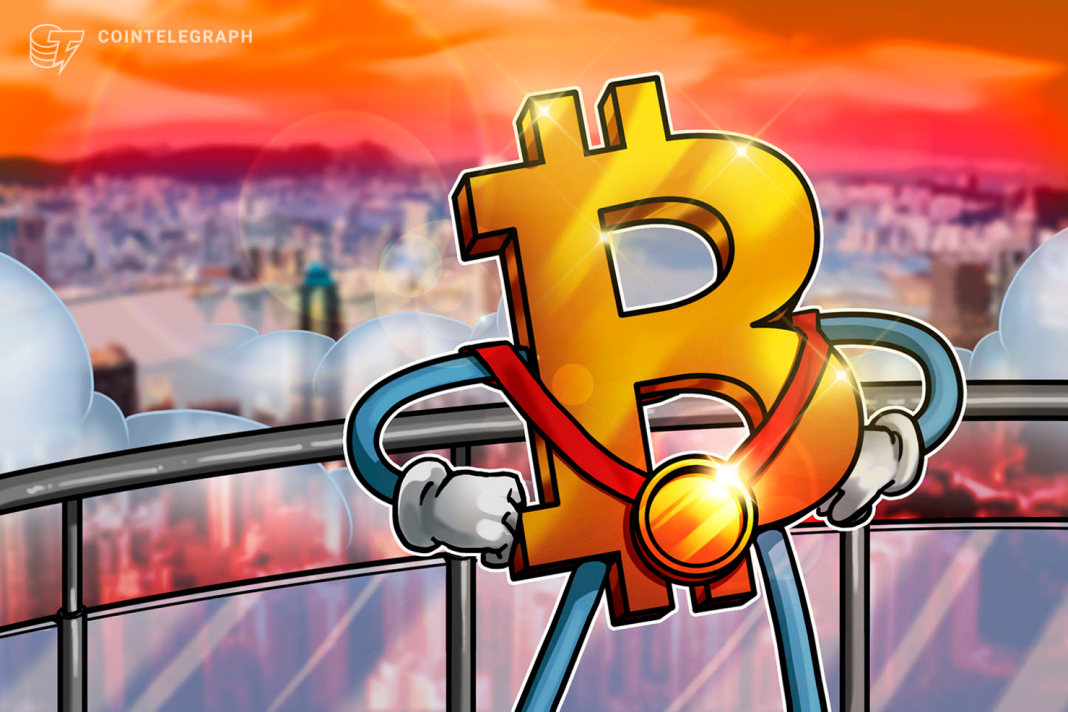Blockchain technology is quickly becoming part of our everyday lives. Most people are probably not aware of this. Household names like Amazon, Microsoft, and IBM are already employing blockchain in some way. Professionals working with these companies are aware of their private blockchain applications. The general public on the other hand, remains in the dark to some degree.
Unless you venture into the world of purely decentralized and publicly distributed blockchains, like Bitcoin, Ethereum, and EOS, you might still consider blockchain to be synonymous with cryptocurrency. In fact, many people still use Bitcoin and blockchain interchangeably. Bitcoin was the first blockchain. It remains the most popular and is widely considered the most secure. However, blockchain is much bigger than Bitcoin.
Blockchain applications now include smart contracts and decentralized applications. For large enterprises like IBM, Amazon, FedEx, Microsoft, and Walmart, private blockchain applications can increase the efficiency of their operations. For individuals and small businesses, the distributed version of the technology represents a level playing field for digital asset exchanges.
China unveiled its commitment to a state-run blockchain a few months ago. Even as the nation cracked down on publicly distributed blockchains, the speculation of its own centralized version had been ongoing for a couple of years. Anthony Cuthbertson of the Independent recently wrote about China’s new blockchain. Leading up to its deployment, authorities have mandated that anti-blockchain sentiment is banned. China has gone as far as removing online posts that describe blockchain and cryptocurrency technology as a scam.
It is important to understand that some crypto experts believe that centralized versions of blockchain employed by large private enterprises and China cannot provide for true cryptocurrency applications. According to beincrypto.com, this is due to their non-distributed validation mechanisms. On a decentralized blockchain like Bitcoin, anyone with the hardware can validate the chain. This makes it fair and transparent.
At least initially, China will have full control of their state-run cryptocurrency. Some companies have stated that they will move towards decentralization of their blockchain applications. This is the course of action that the Ripple blockchain has taken. In a world so concerned with online privacy and ownership of personal information, blockchain applications that are for and by its participants seem inevitable. How long this will take is a subject of great debate. In America, the sentiment is that non-crypto users need to be educated about current applications and the potential of the technology.






